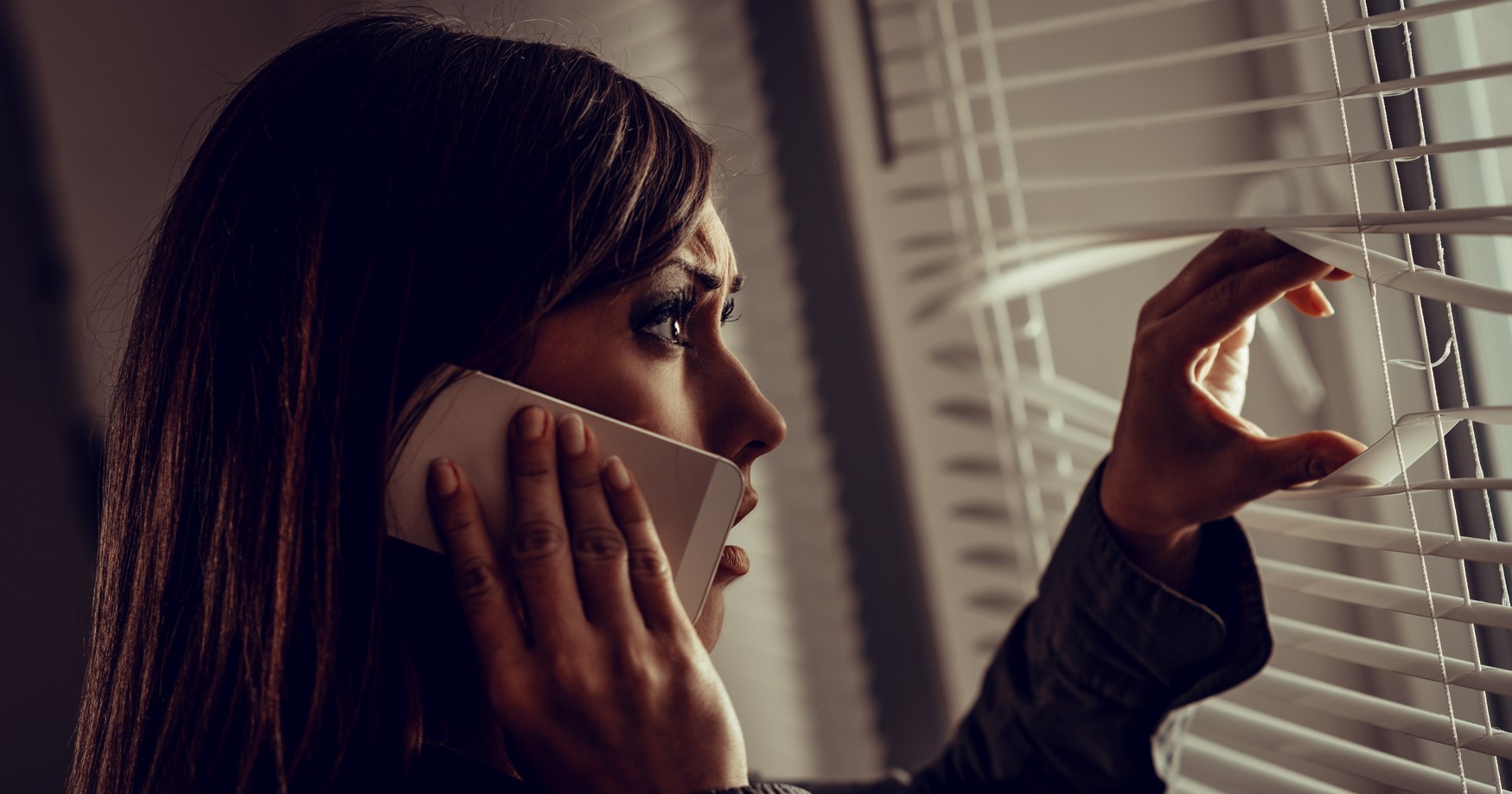
When you know you have a phobia, you’re aware of being consumed with feelings of unreal dread. However, there are some phobias you might have without even knowing it.
Nomophobia
If the thought of being without your mobile phone makes your anxiety spike, it might not just be stress over an inability for people to reach you. Even if your phone is with you, this phobia can happen when you have no wireless service or your battery dies and you can’t recharge.
Bibliophobia
This is the fear of books. It might be because you have no idea how a book might change your mind about things, but it can also just be a fear of physical books being around you.
Cynophobia
Fear of dogs can be useful in keeping yourself protected from their bites, but it can also mean you never enjoy their company. You would hardly be able to ever own one or be in a relationship with a dog owner. Cynophobia often stems from childhood incidents, whether you consciously remember them or not.
Odontophobia
Going to the dentist and being in a chair is something hardly anyone enjoys. Many patients actually have a phobia of it, but they don’t realize it because they’re just so used to the mental torment every six months. Think about how you truly feel when you visit. If it’s too much, then you might want to find an IV sedation dentist who can make the experience a lot more manageable.
Anthophobia
Forgive yourself for not knowing, but fear of flowers is actually a thing. Things like Venus flytraps don’t attack humans, and they’re too slow to do it anyway, but the fear can remain. For others, it may be more of a fear of bee stings if they’re nearby pollinating. Some worry about pollen leading to asthma attacks or allergic reactions.
Arachibutyrophobia
Arachibutyrophobia is the fear of peanut butter sticking to the top of your mouth inside. At its worst, this phobia leads to greater fears of choking or not being able to breathe. Knowing specific phobias you might have without previously knowing it means you can start being aware in the future. You can practice techniques that help you minimize or manage your phobia, or you can at least be aware of situations to avoid that might trigger you. If you find you have any of these phobias, it would be wise to speak to a therapist. That way you can get the help you need.


